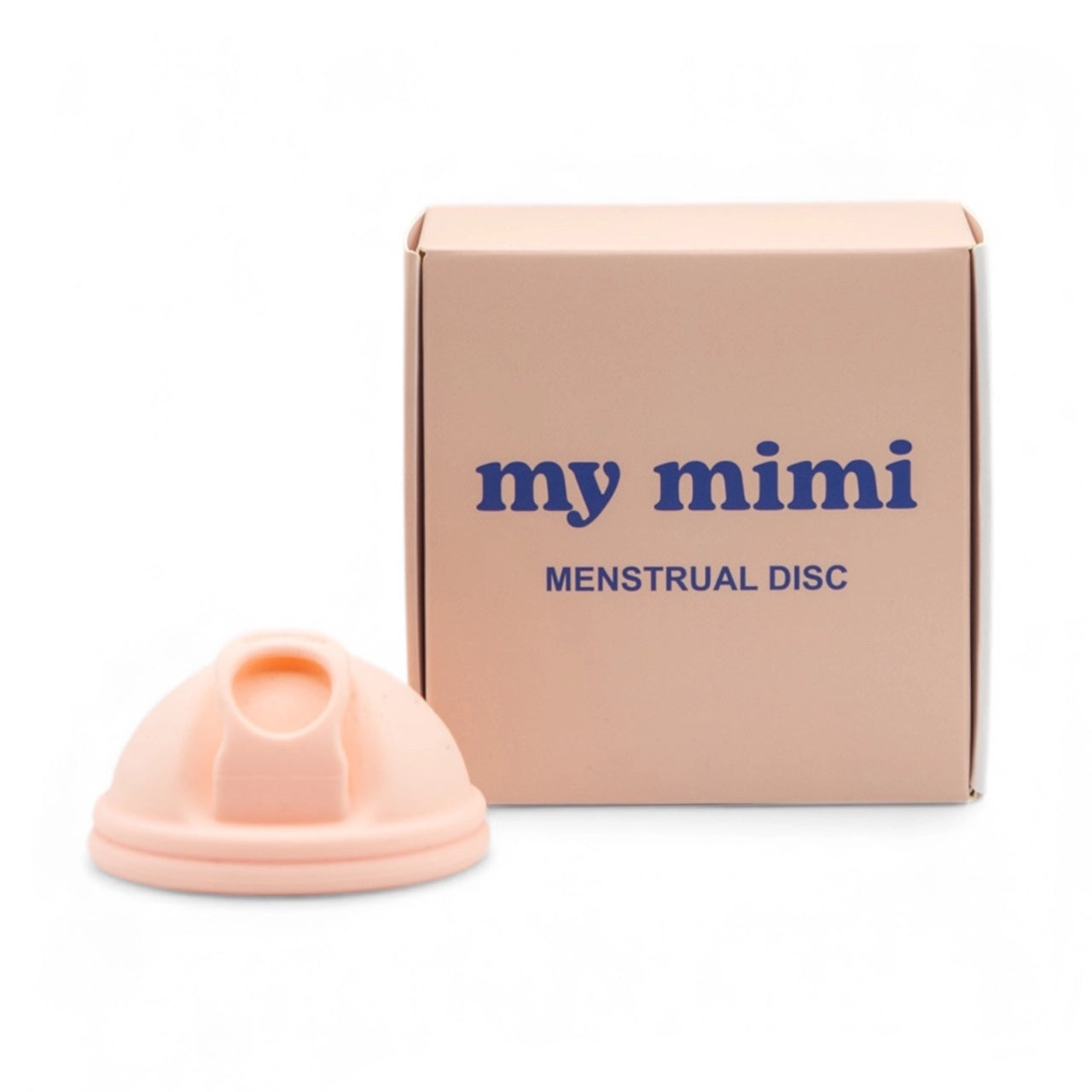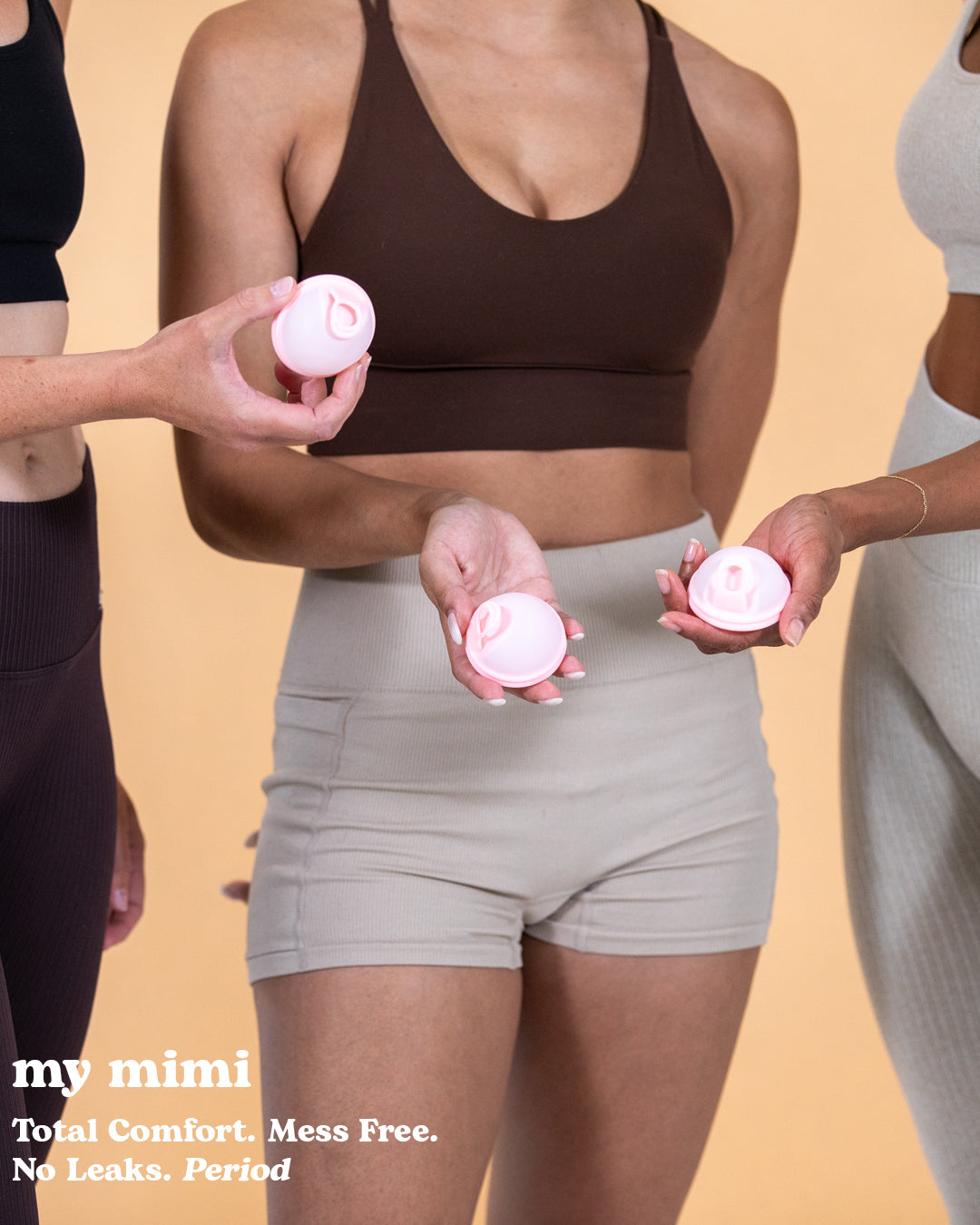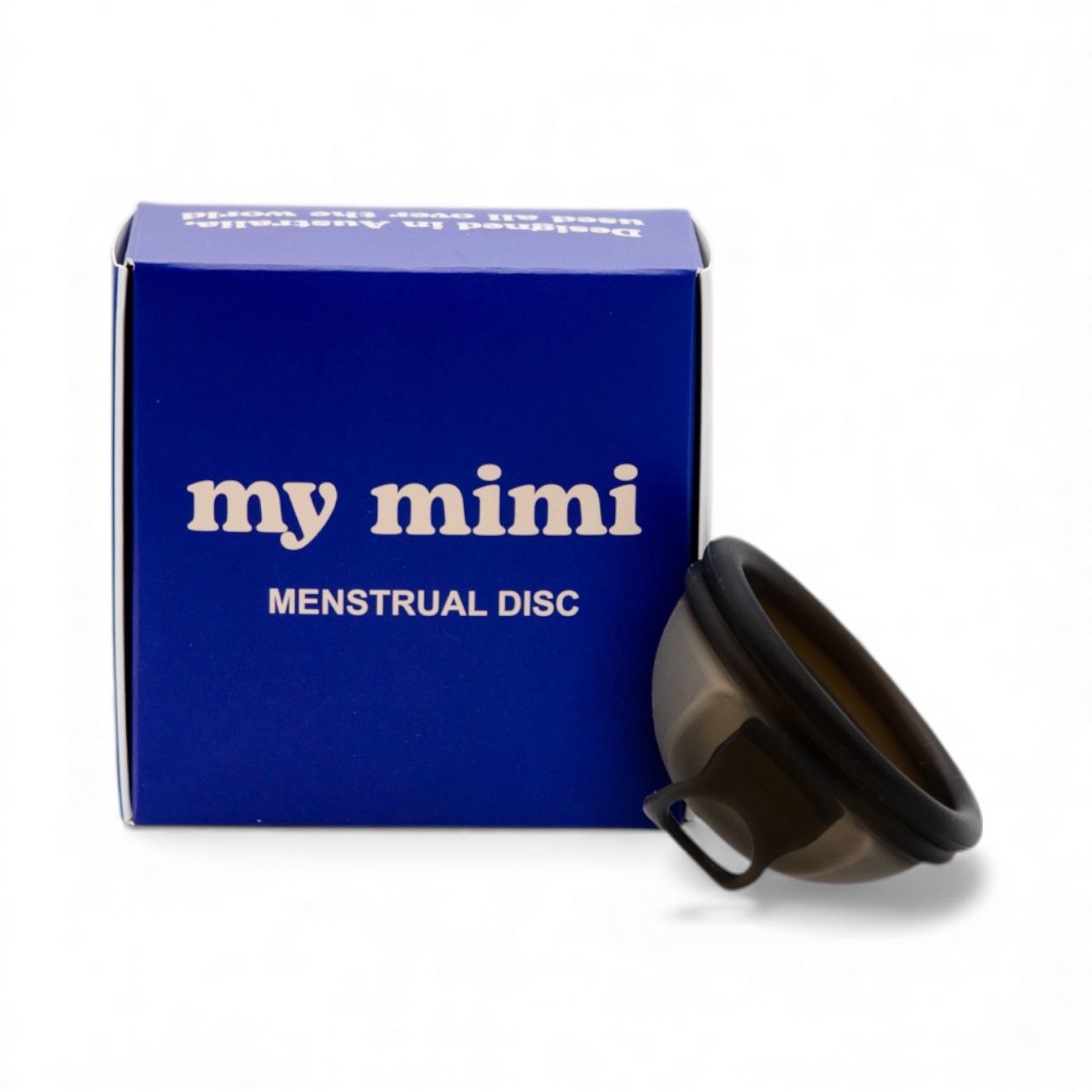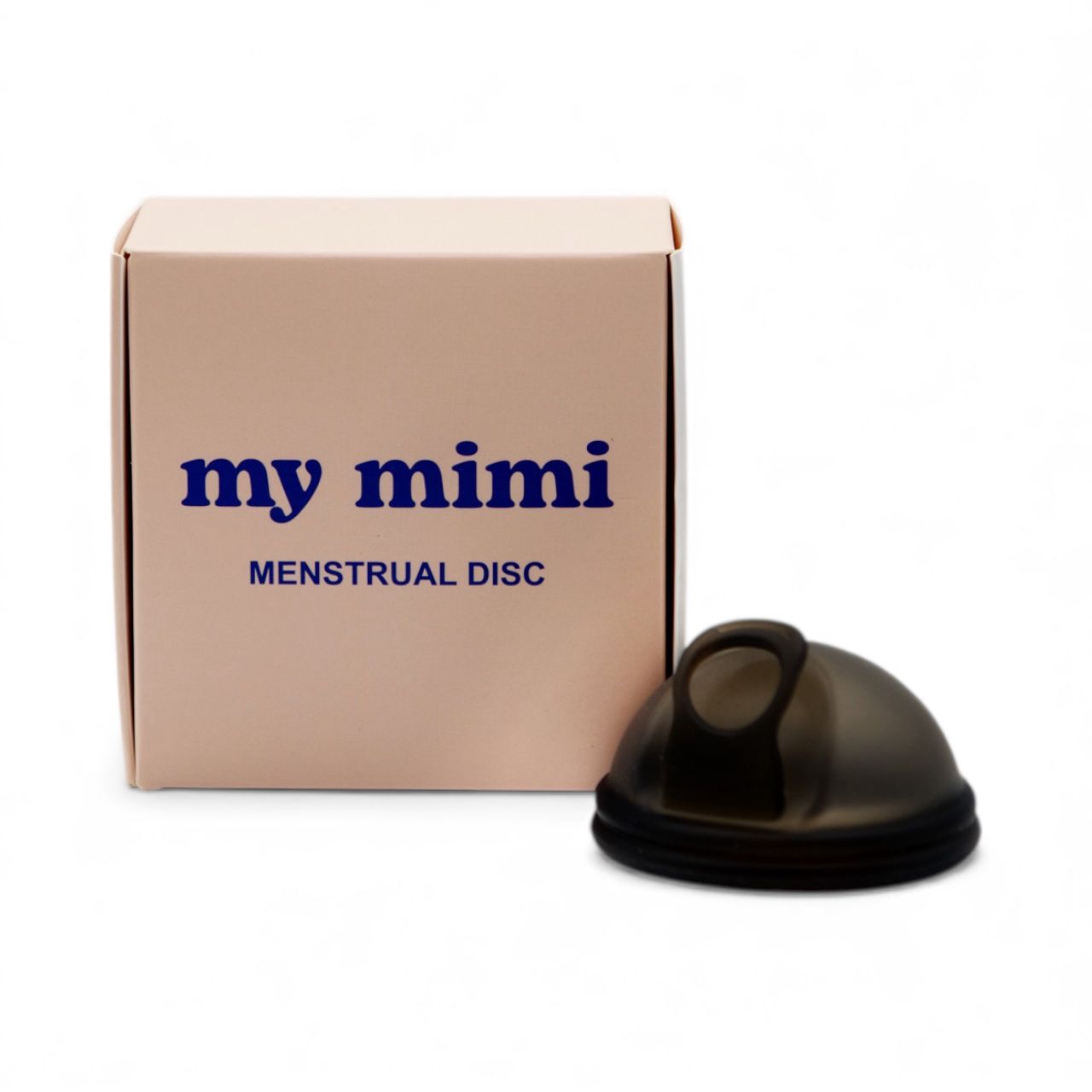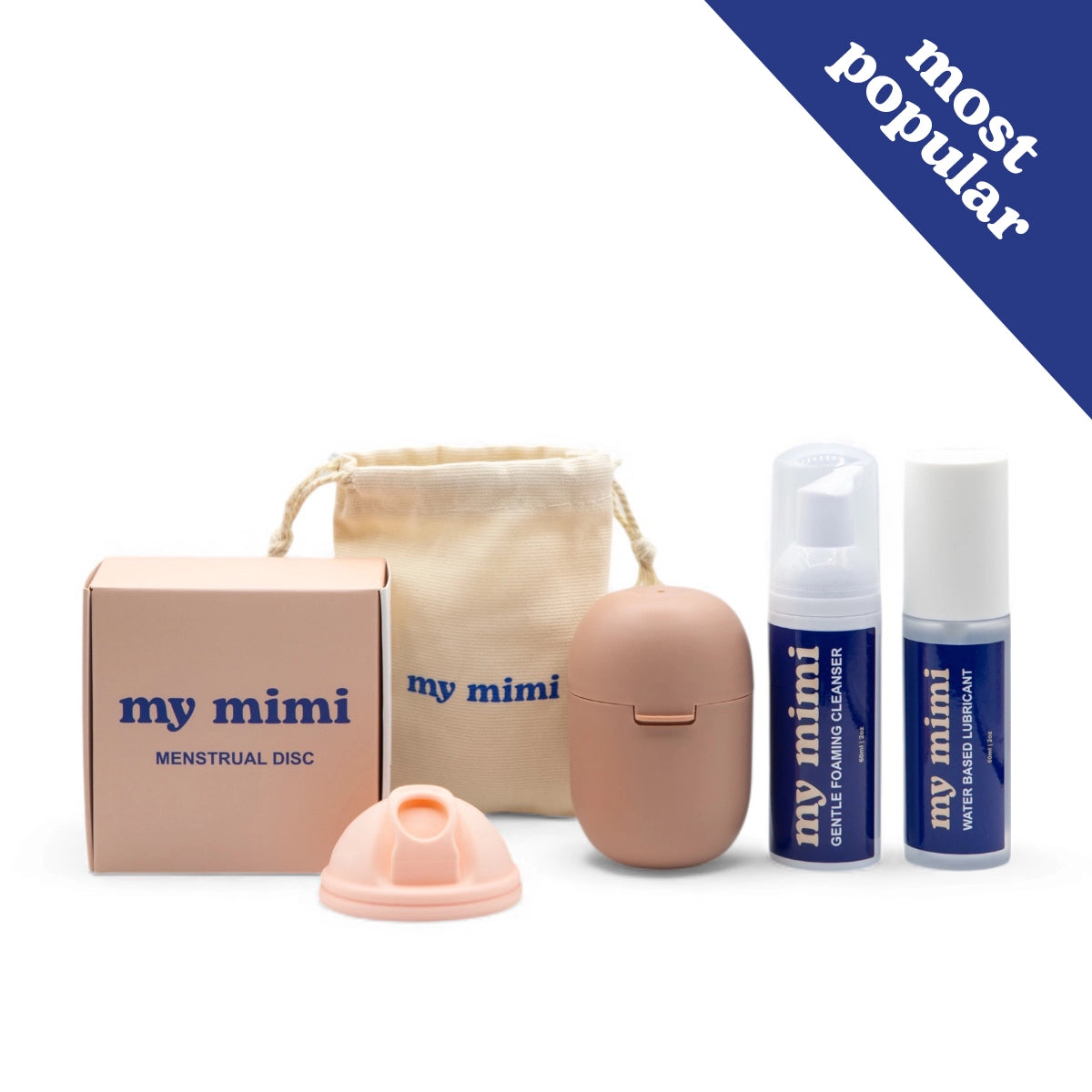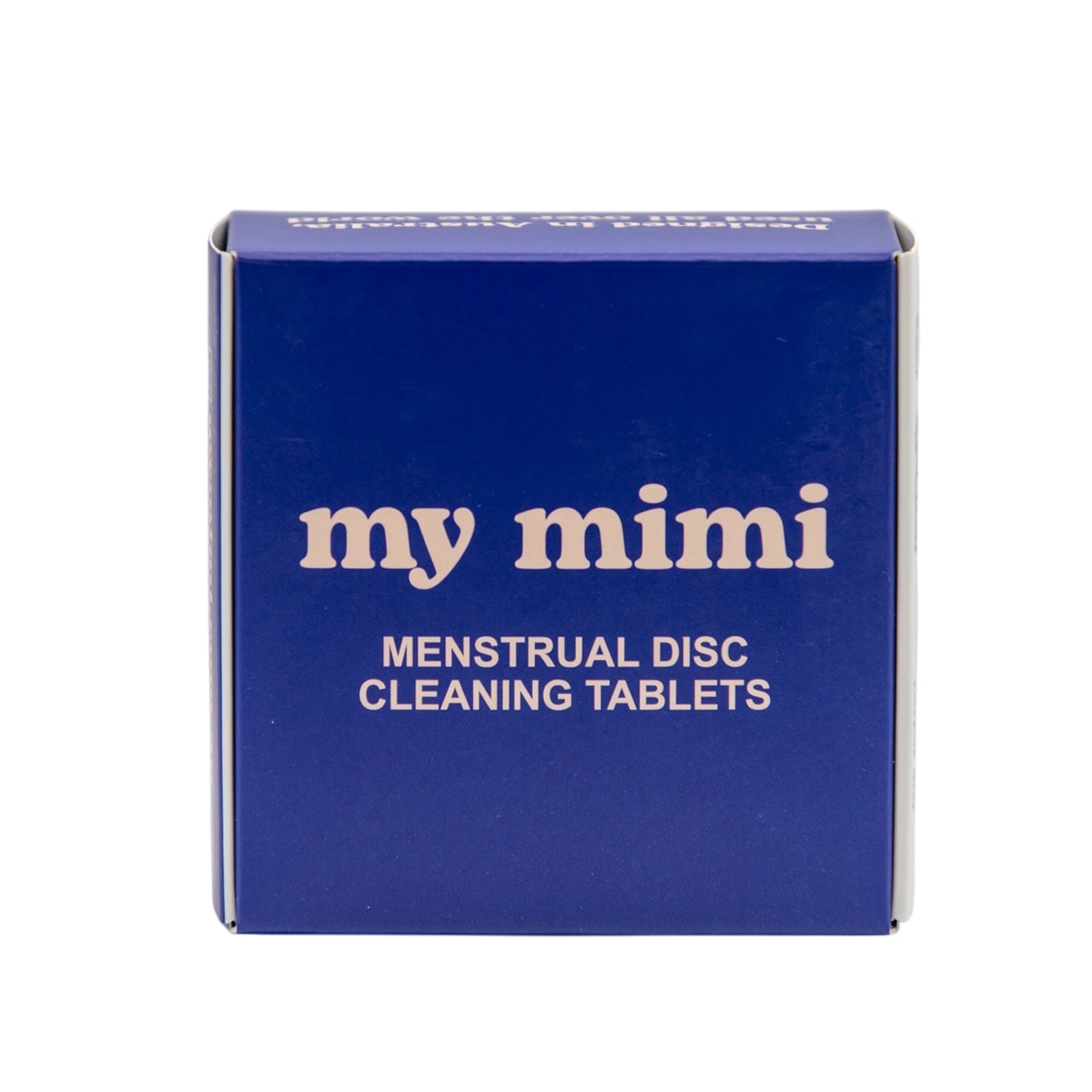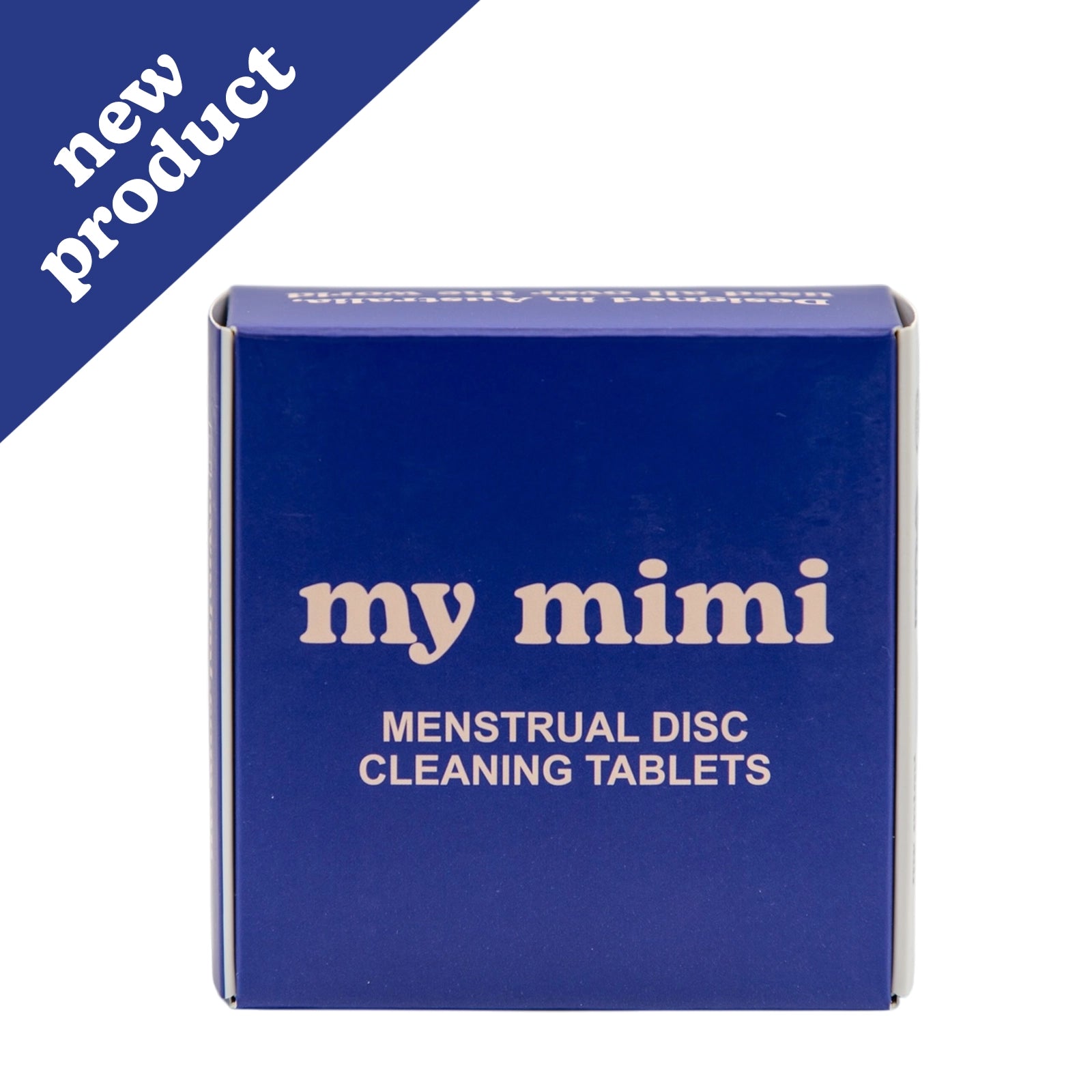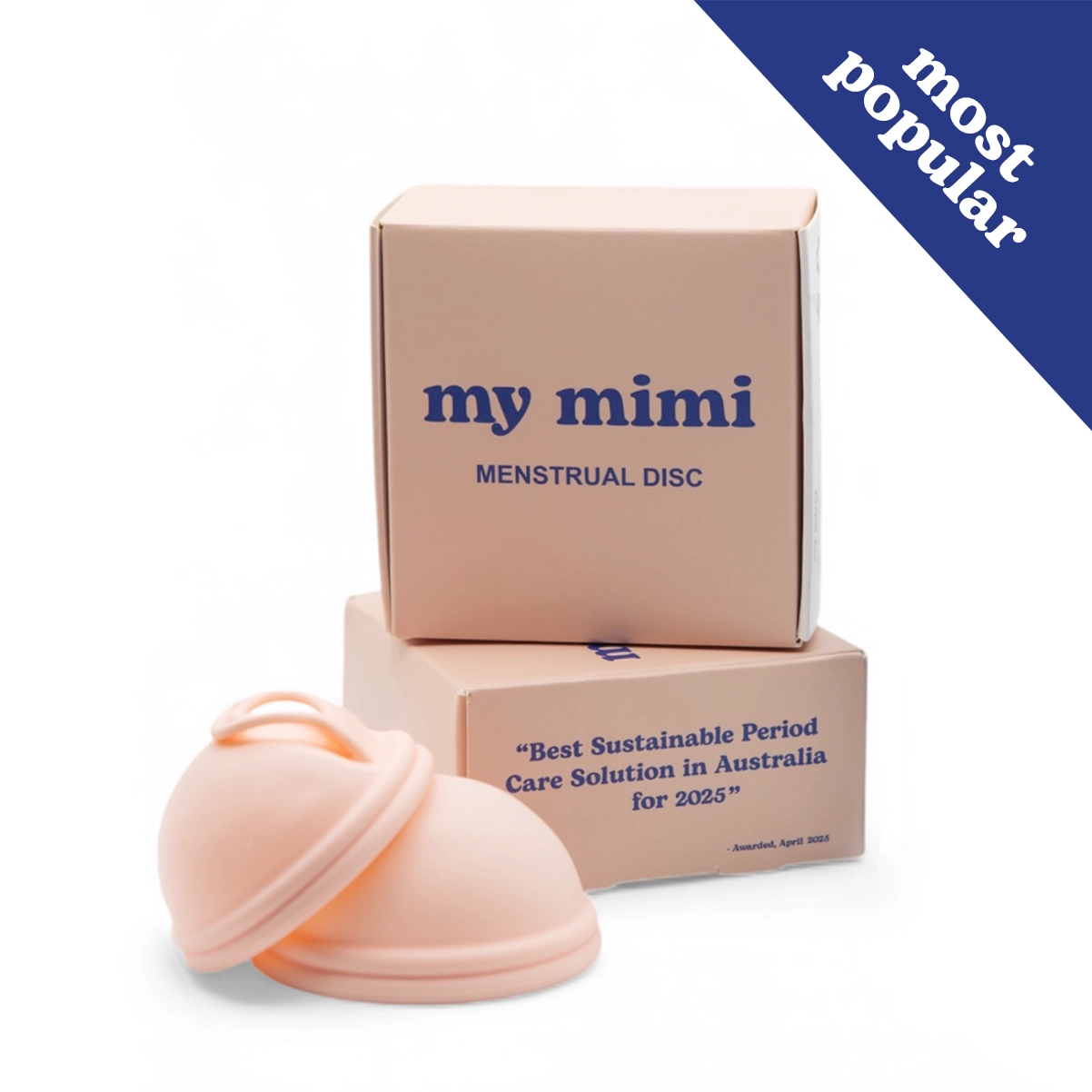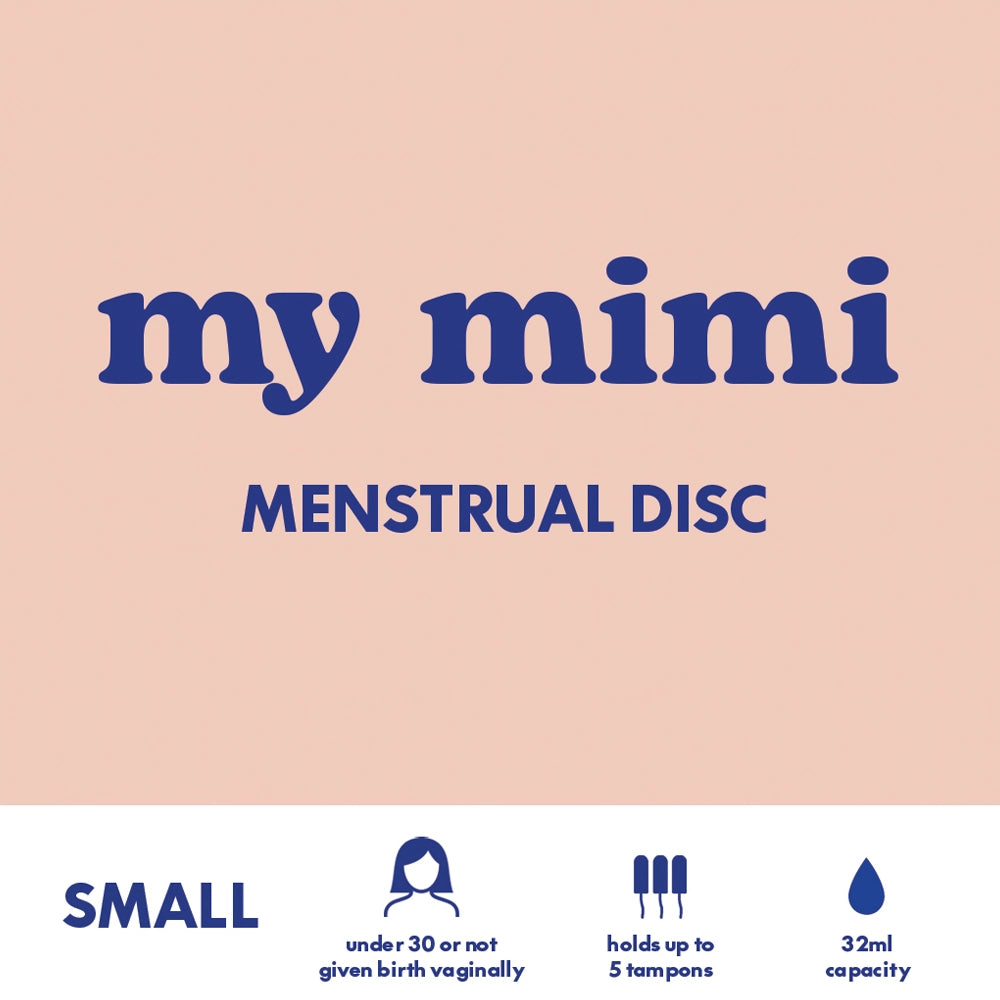Anxiety and Depression in Women: Causes, Symptoms & Expert Advice
Date Created: 24th of July 2025
Read Time: 6 minutes
At my mimi, we understand that mental health plays a key role in women’s overall wellbeing.
Anxiety and depression affect millions of women across Australia. According to the Jean Hailes Women’s Health Survey, one in three women reported experiencing symptoms of anxiety, and one in four reported depression
(abc.net.au).
Why Are Women More Vulnerable?
Biological, hormonal, social and cultural factors all play a part. A new report reveals that 52% of women experience depression, while 44% report anxiety - together with body image issues (39%) and insomnia (30%) - highlighting that poor mental health is becoming the “new normal” for many women
(medicalxpress.com).
Professor Jayashri Kulkarni, specialising in women’s mental health at Monash University and Alfred Health, emphasises the often-overlooked impact of hormonal transitions: The social and psychological costs of depression and anxiety in women are extraordinarily high, especially when you consider the impact on families, communities and workplaces where women have vital roles
(www1.racgp.org.au).
Particularly during perimenopause, mental health symptoms can blindside women: Many women fail to connect these symptoms to menopause, seeking help only after years of suffering
, Professor Kulkarni observed. Symptoms may include anxiety, panic, rage, brain fog, depression, poor self‑esteem, paranoia and fatigue
(heraldsun.com.au).
Social Pressures and Life Stage Stressors
Women often juggle multiple roles - career obligations, caregiving, household duties, and societal expectations. Beyond Blue highlights that the pressure to ‘do it all’ can leave women feeling overwhelmed and isolated... It’s never too late to prioritise mental health
(beyondblue.org.au).
Financial stress, discrimination, work overload, and systemic issues also play a role. Australia has one of the highest antidepressant usage rates in the world - yet experts warn medication is often a band‑aid rather than addressing root causes such as social inequality or housing issues (theguardian.com).
The Intersection of Depression and Physical Health
Recent research suggests that women with a genetic risk for depression are more likely also to develop cardiovascular disease - even if they’ve never had diagnosed depression
(dailytelegraph.com.au). This highlights the complex ties between mental and physical health that doctors must recognise.
Expert Insights: Treatment and Prevention
Dr Catherine Nyuthe: Anxiety is the most common mental health condition in Australia. On average... one in three women… will experience anxiety at some stage in their life. Whilst anxiety may be common and not problematic, it can be debilitating for some sufferers and the sooner a person with disabling anxiety gets help the more likely they are to recover
(drcatherinenyuthe.com.au).
Professor Felice Jacka: As a nutritional psychiatrist, she has shown that dietary interventions can reduce major depression risk by around 30%
(en.wikipedia.org).
Associate Professor Jill Newby: Based at the Black Dog Institute, Newby notes how accessibility issues - especially during the pandemic - amplified anxiety in women, who are often primary caregivers and multitaskers under pressure
(en.wikipedia.org).
Self-compassion and Perinatal Vulnerability
Perinatal anxiety and depression affect around one in five Australian women
. Research from Notre Dame highlights the vital role of self-compassion
during this life stage: treating oneself with kindness and understanding amid unrealistic expectations (researchonline.nd.edu.au).
Practical Strategies for Women
- Seek help early: Don’t wait for symptoms to worsen. Talk therapy, GP consultations, and timely mental health support can make a real difference.
- Explore holistic interventions: From dietary changes to mindfulness and lifestyle adjustments, these can support traditional therapies and boost resilience.
- Talk openly about hormonal links: Women in their 40s who experience sudden anxiety or depression may be encountering perimenopausal shifts.
- Build a support network: Sharing burdens with trusted companions or professionals helps reduce isolation and stigma.
A Note on Treatment Options
Approaches vary by individual circumstances. For perimenopausal mental illness, Professor Kulkarni explains: Hormone therapy is a highly effective treatment for perimenopause‑related mental illness... More typical treatments like talk‑therapy and antidepressants may still be appropriate - but women deserve options
(heraldsun.com.au).
Decisions must always be made collaboratively with a qualified health professional.
Reclaiming Balance and Wellbeing
Anxiety and depression in women deserves attention, empathy and action. The burden is real and large: across Australia, nearly half of women will experience damaging mental health symptoms at some point. By raising awareness, improving access to care, recognising hormonal factors, and addressing social drivers - women can reclaim balance and hope.
FAQs
- 1. What are the most common signs of anxiety in women?
- Racing thoughts, restlessness, difficulty sleeping, constant worry, and physical symptoms such as increased heart rate or nausea are common signs.
- 2. Can diet really improve mental health?
- Yes. Professor Felice Jacka’s research has shown that a balanced diet can reduce the risk of major depression by up to 30%.
- 3. How does perimenopause affect mental health?
- Hormonal fluctuations during perimenopause can trigger anxiety, depression, mood swings, and fatigue. Treatment often includes hormone therapy or counselling.
- 4. Should I see a GP or psychologist first?
- Starting with a GP is best, as they can assess your symptoms, provide referrals to mental health professionals, or suggest treatment plans.
- 5. Are anxiety and depression hereditary?
- There is evidence of a genetic link, but lifestyle and environmental factors also play a major role in developing these conditions.
Health Notice: This article is for information purposes only. It is not a substitute for medical advice. If you are experiencing symptoms of anxiety, depression or other mental health concerns, consult a qualified health professional.



